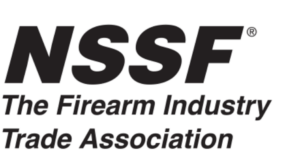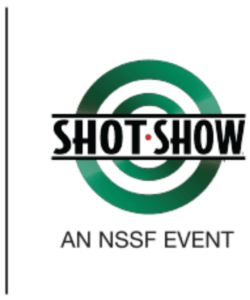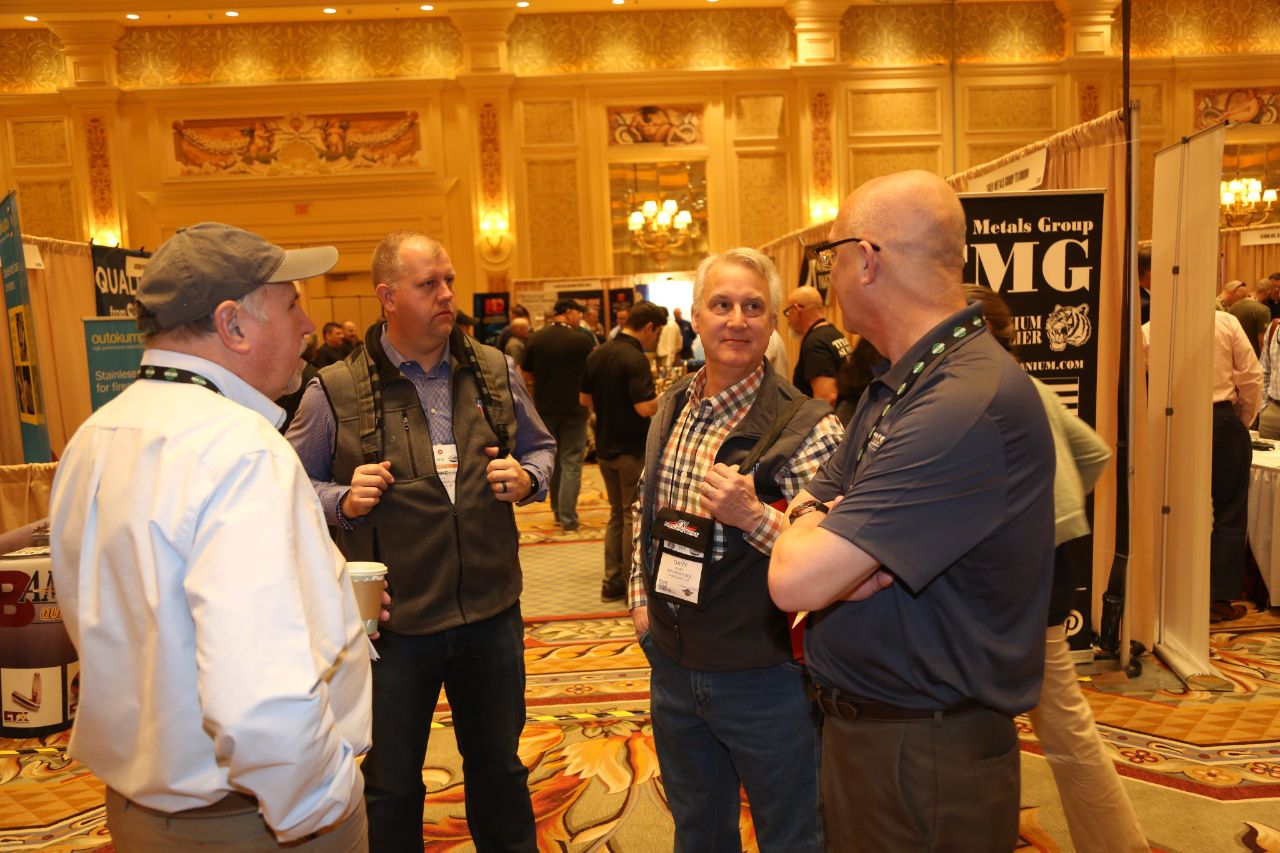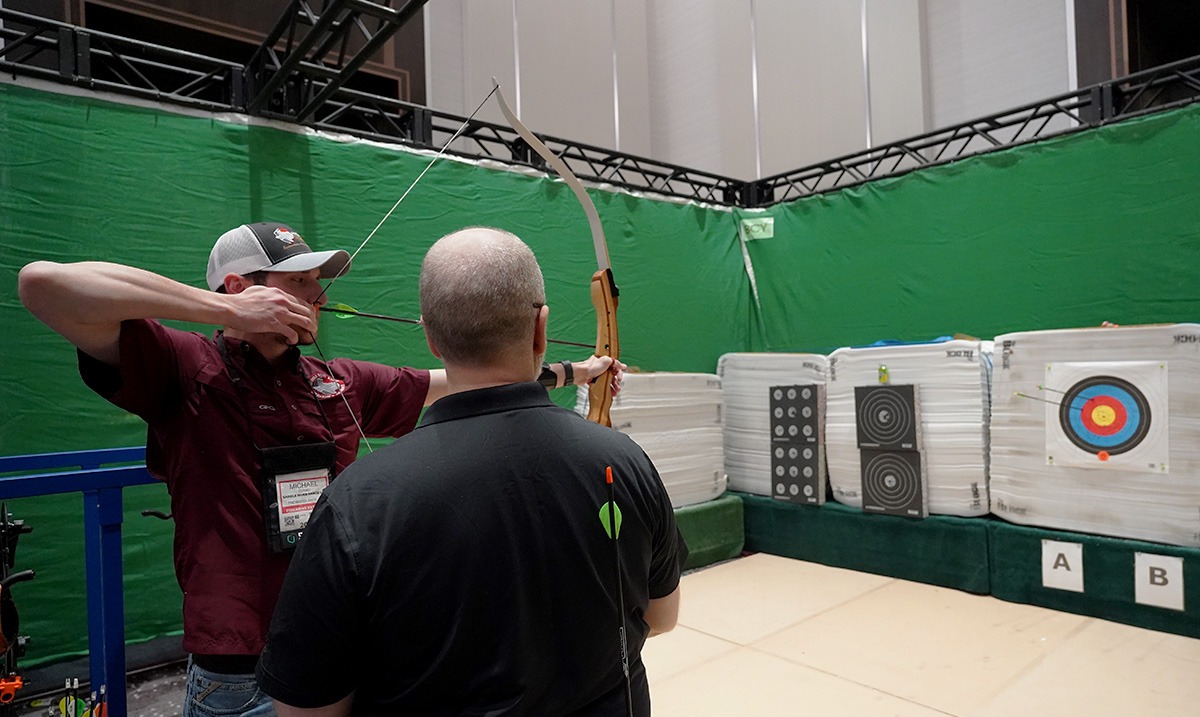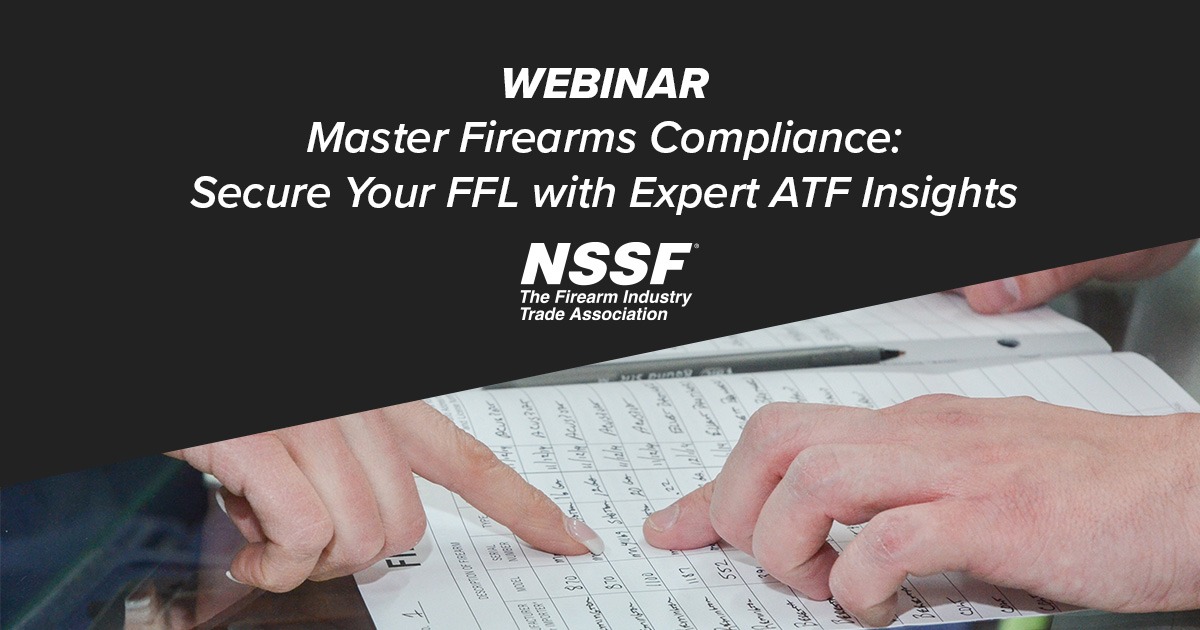 Back to News
Back to News
September 13, 2023
Webinar: Master Firearm Compliance – Avoid ATF Administrative Action
Secure your FFL with expert insights: FFLs can avoid ATF administrative action by watching this must-see webinar recording, “Master Firearm Compliance,” with NSSF Compliance Consultants John ‘JC’ Clark and John ‘JB’ Bocker.
Firearm retailers already know how highly regulated this industry really is, both by the ATF and by many states. If you fail to meet the compliance requirements set out by ATF and or by the state you operate in, those violations will be highlighted on your next inspection, whenever that takes place. With the increase of ATF inspections combined with the evolving “zero tolerance” policy, it’s critical that FFLs have a well-thought-out program and process that’s being used daily to ensure compliance.
Evolving Rules and Regulations
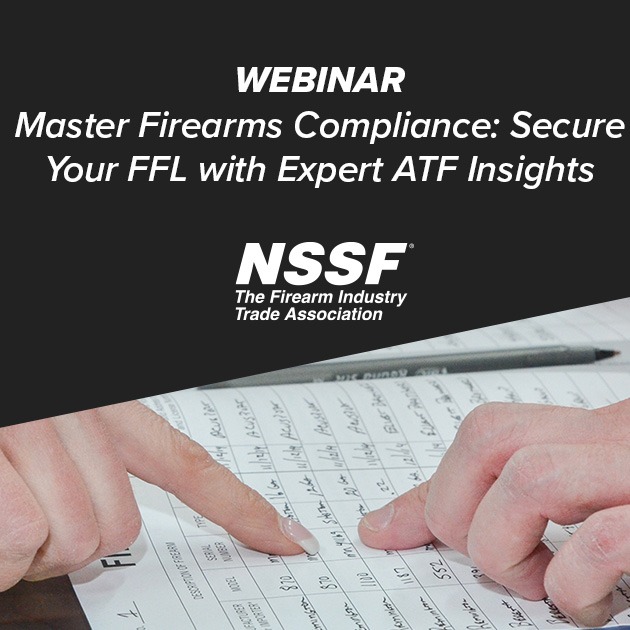 “You also need to understand all the ever-changing rules and regulations,” said NSSF Compliance Consultant John “JB” Bocker. “This webinar provides daily best practices for gun retailers to maintain best-in-practice operations to help avoid future compliance violations.” It can help you become more proactive and give you a better understanding of the rules and regulations you need to know. You’ll also learn about tools you can use as part of your ongoing staff training to help you avoid errors down the road.
“You also need to understand all the ever-changing rules and regulations,” said NSSF Compliance Consultant John “JB” Bocker. “This webinar provides daily best practices for gun retailers to maintain best-in-practice operations to help avoid future compliance violations.” It can help you become more proactive and give you a better understanding of the rules and regulations you need to know. You’ll also learn about tools you can use as part of your ongoing staff training to help you avoid errors down the road.
“We use the term ‘inspection ready,’” Bocker said. “We want to provide the best practices to keep gun retailers inspection ready every day, so they avoid errors on their next ATF visit.”
ATF Inspection: Errors, Violations and Revocation
So, for the moment, let’s look at what happens if you do have errors and violations noted during an inspection. If that happens, you’ll receive a report of violations. Then on future inspections, you’ll have to answer to the ATF as to how you fixed the errors, changed behaviors and changed your policies to avoid those violations in the future.
“The worst-case scenario is when you get a notice of revocation,” Bocker said. “If the errors are bad, or there are repeat errors from a past visit, or you meet some of the zero-tolerance criteria, you are immediately subject to your license being revoked.” The biggest challenge for the past couple of years has been for retailers to avoid making these critical errors that put them out of business.
“During this webinar, we review what the critical errors are and how to avoid them,” Bocker said. “In the case where someone who is a member of NSSF does get that unfortunate notice of revocation, we’re also the folks who jump in and assist them with lawyers and legal support to try to convince the ATF that they shouldn’t have their license revoked. A notice of revocation is a business-ending crisis, and we try to help them avoid that.”
Six Big Errors
Bocker said there are six big errors. The two primary ones covered in the webinar are anything to do with the transfer of a firearm to a prohibited person, and anything to do with processing a background check improperly for an individual receiving a firearm.
“We cover all the pieces to those two main violations,” he said. “Those seem to be the main two that people are being revoked for. The others don’t seem to be as common.”
ATF Is Your Regulator, Not Your Friend
The other big challenge that FFLs face, Bocker said, is that they get comfortable and relaxed with how they are running their businesses and with their relationships with ATF agents.
“They think they have a good relationship with their local ATF people,” Bocker said. “They think ‘Oh, he wouldn’t do that to me.’ As they say in the financial world, ‘Past performance is no indication of future success.’” In other words, because you’ve had a good relationship with your local ATF agent in the past, don’t assume that agent will overlook any critical violations you make.
“We tell people, ‘It’s not your daddy’s ATF anymore,’” Bocker said. “Agents were supportive, and they would come in with the attitude of ‘We’re here to help you do better.’ Now those same people are coming in saying, ‘I’m sorry, I have a job to do; this isn’t up to me.’ There’s a whole process in place where the results of the inspection are pushed through an algorithm in a computer program, and that’s what determines the outcome. The discretion to make a determination has been taken away from the inspector and even up to the director of each regional office. It’s all decided through Washington now.”
Watch this webinar today!
Watch this Webinar Recording at SHOT University™ Online
To register for the next upcoming webinar sessions, go to NSSF.org/compliance-webinars or click the article below.
Categories: Education, Manufacturers, Ranges, Retailers
